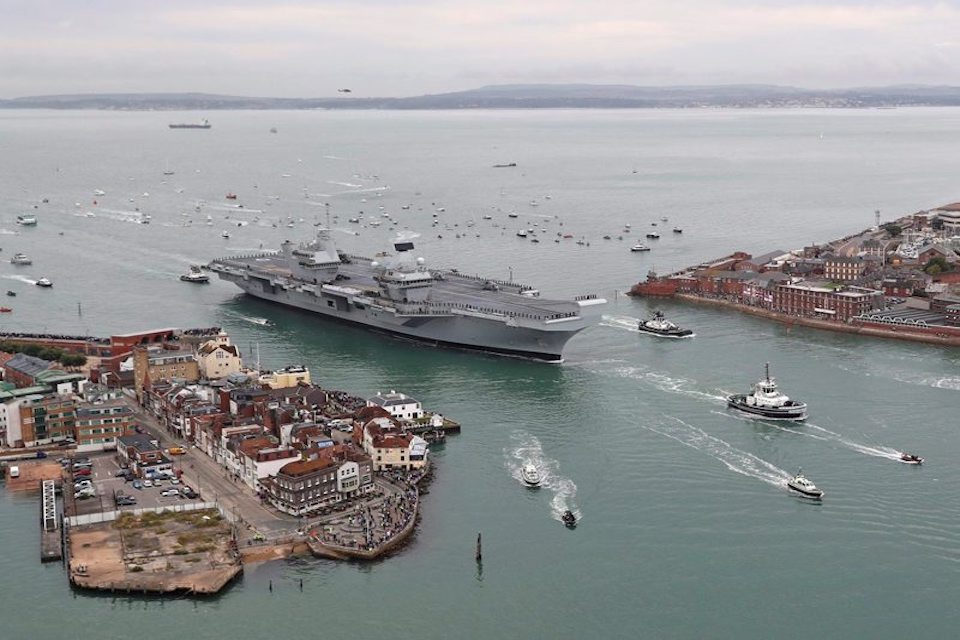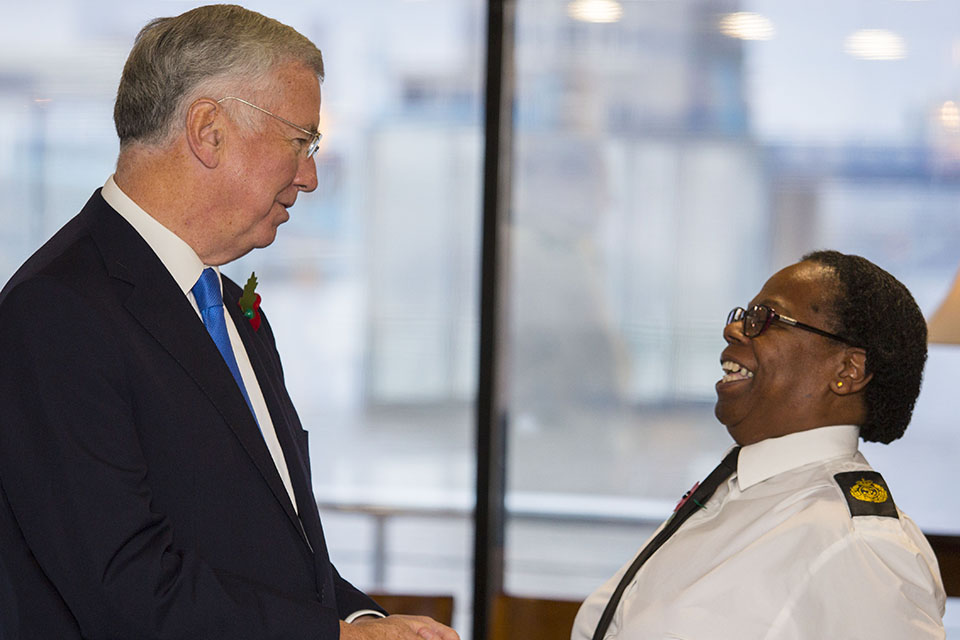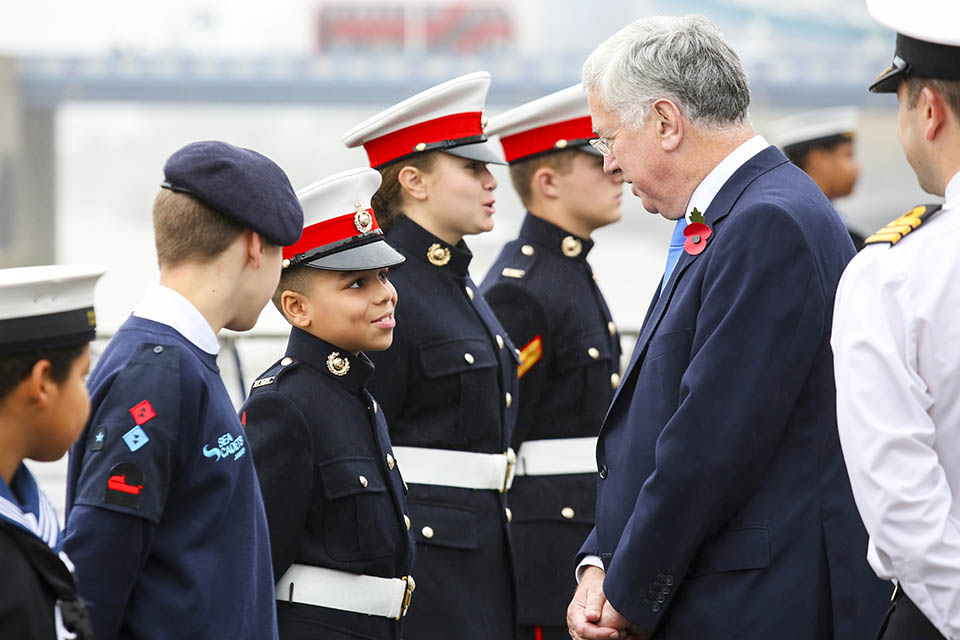News story: British soldiers arrive in Estonia
British soldiers from 1st Battalion The Royal Welsh have deployed to Estonia, renewing the UK’s commitment to our NATO allies in Europe and providing reassurance in the face of any potential aggression.
Taking over from 5th Battalion The Rifles, which has been in the country since March, 800 soldiers from the Royal Welsh battlegroup arrived this week.
Following an official ceremony earlier today, The Royal Welsh will now lead the multinational enhanced Forward Presence Battlegroup, supported by elements from the King’s Royal Hussars, the Royal Engineers and the Royal Artillery as well as soldiers from France and Denmark. The battlegroup will be part of the 1st Estonian Infantry Brigade.
The arrival of the Royal Welsh coincides with the second in a series of visits from four RAF Typhoons to Estonia, ready to train and work with UK personnel on the ground as well as our NATO allies.
Defence Secretary Sir Michael Fallon said:
Nobody should be in any doubt of our unwavering commitment to the security of Europe through NATO in the face of Russian belligerence.
In the face of intensifying threats, the UK has stepped up across Europe, with soldiers, tanks and Typhoons deployed from Estonia to Romania.
Our enhanced Forward Presence is a strategic tripwire that we will maintain on an enduring footing.
Commanding Officer Lieutenant Colonel Owain Luke added:
Having completed a demanding period of training in the UK and Canada earlier this year, we are delighted to have finally arrived in Estonia.
We now look forward to training and operating with the 1st Estonian Infantry Brigade and our French and Danish allies as part of NATO’s wider defensive posture across the Baltic states and Poland.
The UK’s battlegroup forms part of the wider NATO enhanced Forward Presence, with multinational forces deployed across the Baltic States and Poland, led by the US, Canada and Germany. The UK has a further 150 soldiers based in Poland, part of the US led battlegroup and RAF Typhoons have recently completed a four month deployment to Romania, patrolling the Black Sea skies.


